Exotic pet ownership represents a significant departure from traditional pet parenting. Unlike cats and dogs that have evolved alongside humans for thousands of years, exotic animals maintain many of their wild instincts and specialized needs. The allure of sharing your home with an unusual species is undeniable—from the fascinating behaviors of a sugar glider to the prehistoric presence of a monitor lizard—but the reality demands serious consideration. Before embarking on this unique journey, potential owners must honestly evaluate their lifestyle, resources, and commitment level. This article explores the key indicators that suggest you might be prepared for the distinctive challenges and rewards of exotic pet ownership, helping you make an informed decision about whether this specialized path of animal companionship aligns with your capabilities and circumstances.
Understanding the Commitment Level
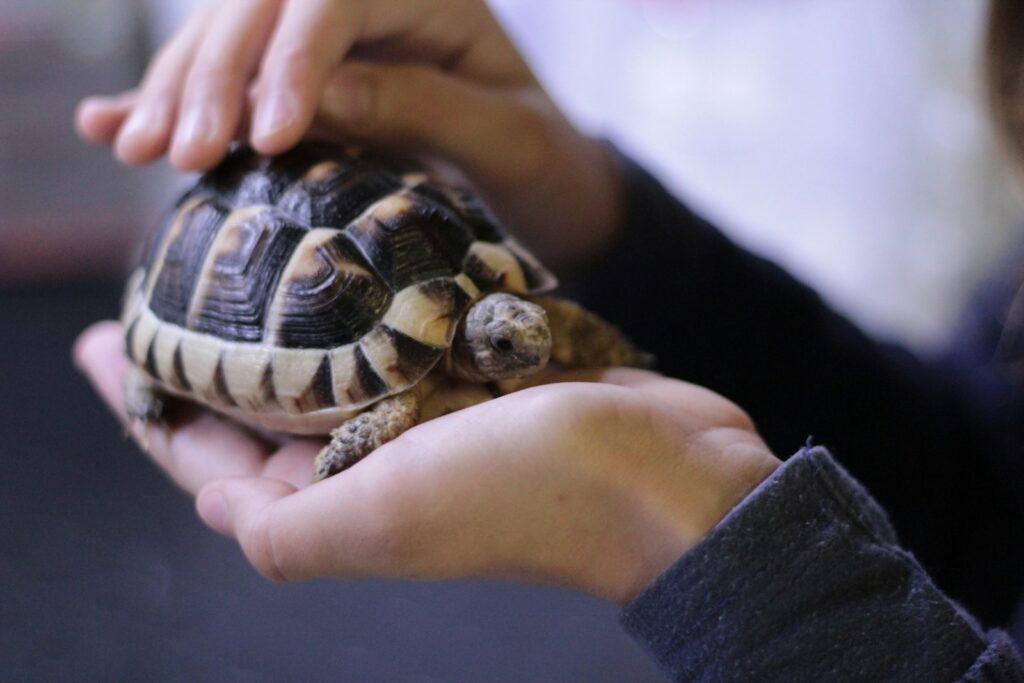
Exotic pet ownership often requires a level of dedication that surpasses that of conventional pets, with many species living decades rather than years. A sulcata tortoise, for example, can live well over 70 years, potentially outliving its owner and requiring provisions in estate planning. Daily care routines for exotics typically demand precision and consistency, from maintaining exact temperature gradients for reptiles to preparing specialized diets for primates or birds. Financial commitment extends beyond the initial purchase price to encompass specialized veterinary care, proper housing, environmental controls, and dietary requirements that can amount to thousands of dollars annually. Recognizing and accepting this long-term, multifaceted commitment represents the first crucial sign that you might be ready for exotic pet responsibility.
You’ve Done Extensive Research

Genuine readiness for exotic pet ownership manifests through thorough, species-specific research conducted well before acquisition. This research goes beyond casual internet browsing to include scientific literature, specialized books, and direct conversations with experienced keepers and exotic veterinarians. A prepared owner understands the animal’s natural habitat, social structures, behavioral patterns, nutritional requirements, and common health issues before bringing them home. They’ve investigated the specific care parameters such as humidity levels, temperature ranges, UVB requirements, and nutritional needs that will allow the animal to thrive rather than merely survive. This deep knowledge base demonstrates a commitment to providing appropriate care based on biological needs rather than human convenience or aesthetic preferences.
Financial Stability and Planning

Exotic pet ownership demands significant financial resources, both predictable and unexpected. Initial setup costs for proper habitats can range from hundreds to thousands of dollars, particularly for species requiring large enclosures, specialized lighting, filtration systems, or climate control. Ongoing expenses include specialized diets, substrate replacements, environmental enrichment items, and regular veterinary care from specialists whose fees typically exceed standard pet care costs. Emergency veterinary funds are particularly crucial, as treatment for exotic species often costs significantly more due to specialized knowledge and equipment requirements. If you’ve created a detailed budget that accounts for these expenses and have established an emergency fund specifically for exotic pet care, you’re demonstrating the financial preparedness essential for responsible ownership.
Access to Specialized Veterinary Care

One of the most overlooked yet essential preparations for exotic pet ownership is confirming access to qualified veterinary care before acquiring the animal. Many veterinarians lack training in exotic species, making specialized care difficult to obtain in many regions. Responsible potential owners research and establish a relationship with an exotic veterinarian within a reasonable distance from their home, confirming that the practice treats their specific species and has appropriate diagnostic equipment and expertise. They understand the frequency of recommended veterinary visits and have planned for transportation logistics, especially challenging for larger species or those sensitive to stress. This advance preparation for health care needs signifies a critical level of responsibility and foresight.
Your Home Can Accommodate Specialized Habitats

Exotic pets typically require habitats that mimic their natural environments while ensuring safety and preventing escape. A prepared owner has assessed their living space and confirmed they can accommodate appropriate housing, which might include large custom enclosures, specialized lighting systems, or dedicated climate-controlled rooms. Beyond physical space, they’ve considered practical aspects such as electrical capacity for multiple heating elements, water accessibility for species requiring frequent tank cleaning, and structural support for heavy enclosures. They understand that many exotic species cannot be free-roaming and require containment for their safety and the structural integrity of the home. This realistic assessment of living space demonstrates practical preparation for the spatial demands of exotic pet care.
Legal Compliance and Ethical Considerations

Responsible exotic pet ownership begins with a thorough understanding of the legal landscape surrounding the desired species. Prepared owners research federal, state, county, and municipal regulations, obtaining all necessary permits and licenses before acquisition. They understand the difference between legally captive-bred specimens and those potentially obtained through wildlife trafficking, choosing only ethically sourced animals with appropriate documentation. Housing stability represents another crucial consideration, with potential owners confirming that lease agreements permit exotic animals and planning for the challenges of relocating with specialized pets. This comprehensive legal and ethical preparation demonstrates respect for both animal welfare and regulatory frameworks designed to protect wildlife populations.
Understanding Natural Behaviors and Limitations
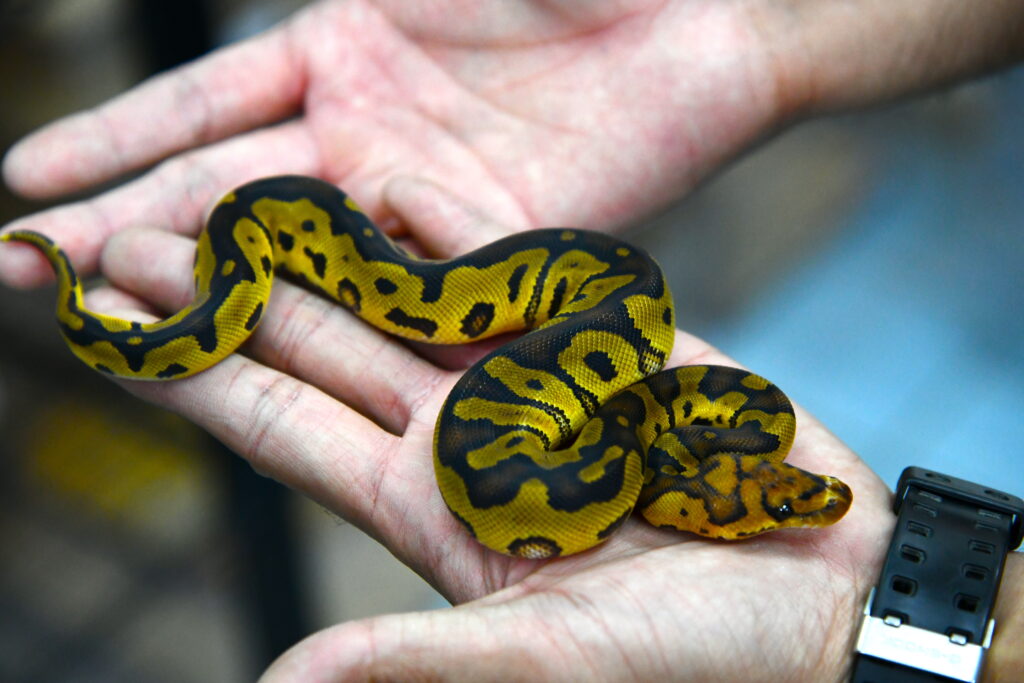
A clear sign of readiness for exotic pet ownership is accepting that these animals will maintain many of their wild instincts and behaviors regardless of captive-breeding. Prepared owners recognize that primates may become aggressive at maturity despite hand-raising, reptiles don’t develop emotional attachments comparable to mammals, and many species retain territorial, defensive, or predatory behaviors that cannot be “trained away.” They understand the natural activity patterns of their chosen species, accepting nocturnal animals that remain relatively inactive during human waking hours or species that naturally spend minimal time in direct interaction with keepers. This realistic expectation of animal behavior, rather than anthropomorphizing or expecting domestic pet-like interactions, indicates the maturity needed for successful exotic pet keeping.
Time Availability and Lifestyle Compatibility
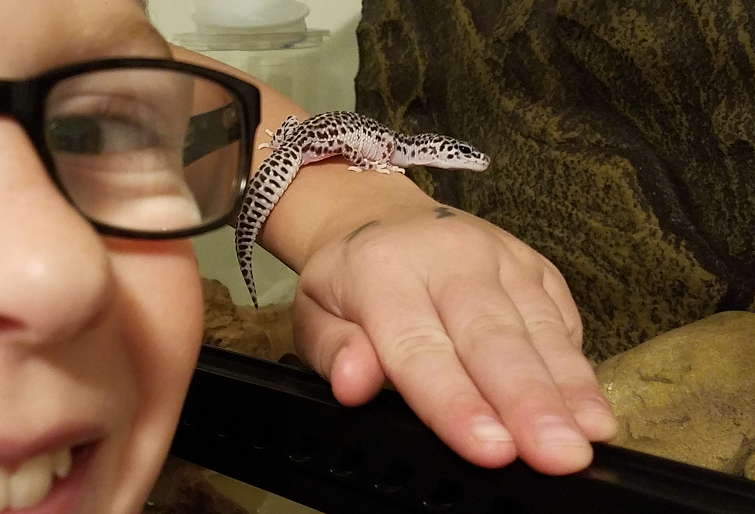
Exotic pet care often demands significant daily time investments that must align with the owner’s lifestyle and obligations. Species like primates may require several hours of direct interaction and socialization daily, while reptiles need regular habitat maintenance and careful monitoring of environmental parameters. A prepared owner has realistically assessed their daily schedule and confirmed they can consistently meet these time demands without resentment or neglect. They’ve considered how travel plans must accommodate the pet’s needs, either through reliable pet sitters with exotic experience or by limiting travel entirely for especially dependent species. This honest evaluation of lifestyle compatibility demonstrates the practical time management necessary for responsible exotic pet care.
Emotional Maturity and Patience
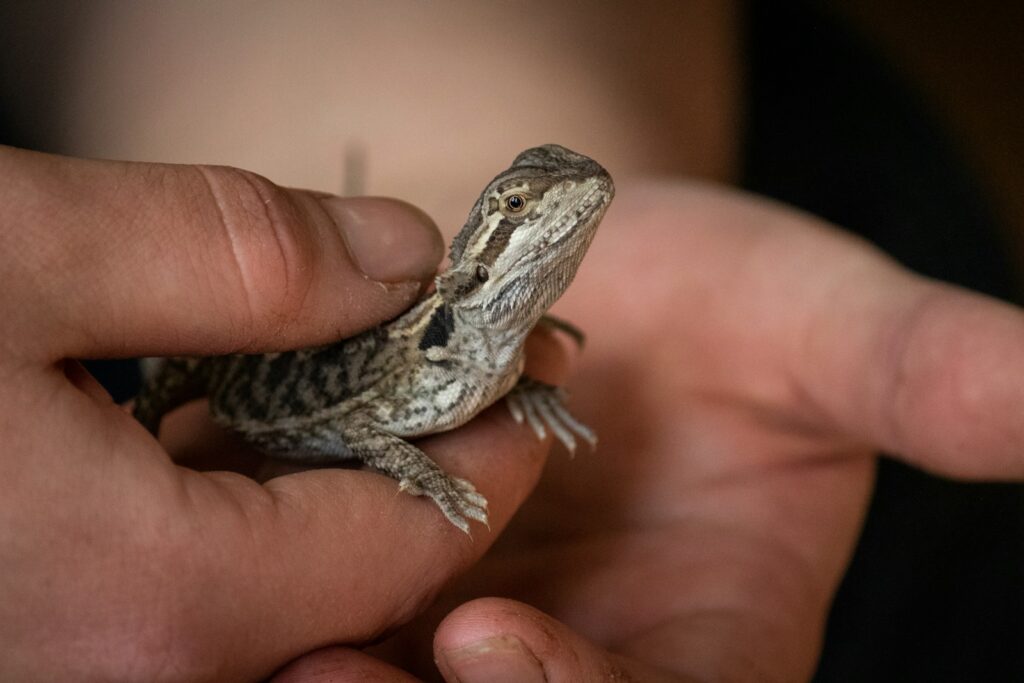
Exotic pet keeping frequently tests an owner’s patience through behaviors that may seem difficult or frustrating from a human perspective. A prepared owner possesses the emotional maturity to remain calm when a reptile refuses food for extended periods, when a bird demonstrates natural loud vocalizations, or when a nocturnal mammal disturbs sleep with activity. They understand that many exotic species take significant time to acclimate to new environments and may display stress behaviors for weeks or months after arrival. This patience extends to the learning curve of specialized care, with the owner accepting that mistakes may occur while developing experience with the species’ needs. This emotional resilience represents a crucial personality trait for successful long-term exotic pet keeping.
Support System and Community Connections
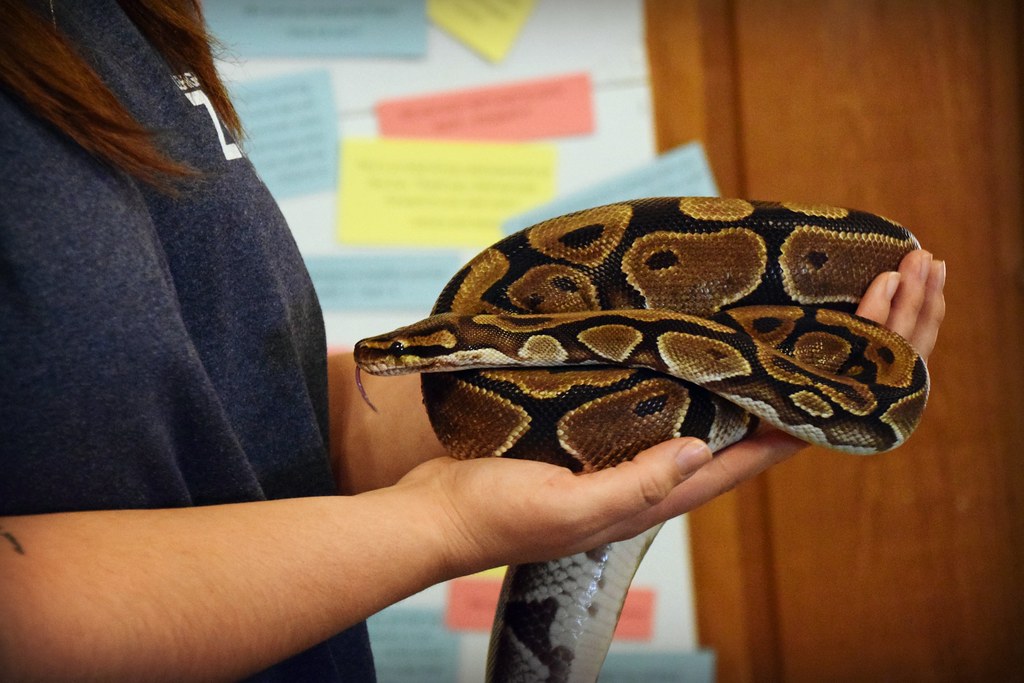
The unique challenges of exotic pet keeping are best navigated with support from experienced mentors and knowledgeable communities. Prepared owners often establish connections with reputable breeders, species-specific forums, and hobbyist organizations before acquiring their pet. These connections provide valuable guidance for troubleshooting health concerns, behavioral issues, or husbandry questions beyond basic care guides. Responsible exotic keepers also consider their household dynamics, ensuring all family members understand and accept the responsibilities, potential risks, and limitations associated with the chosen species. This network of support demonstrates recognition that exotic pet keeping often requires collaborative knowledge rather than isolated efforts.
Willingness to Adapt and Continue Learning
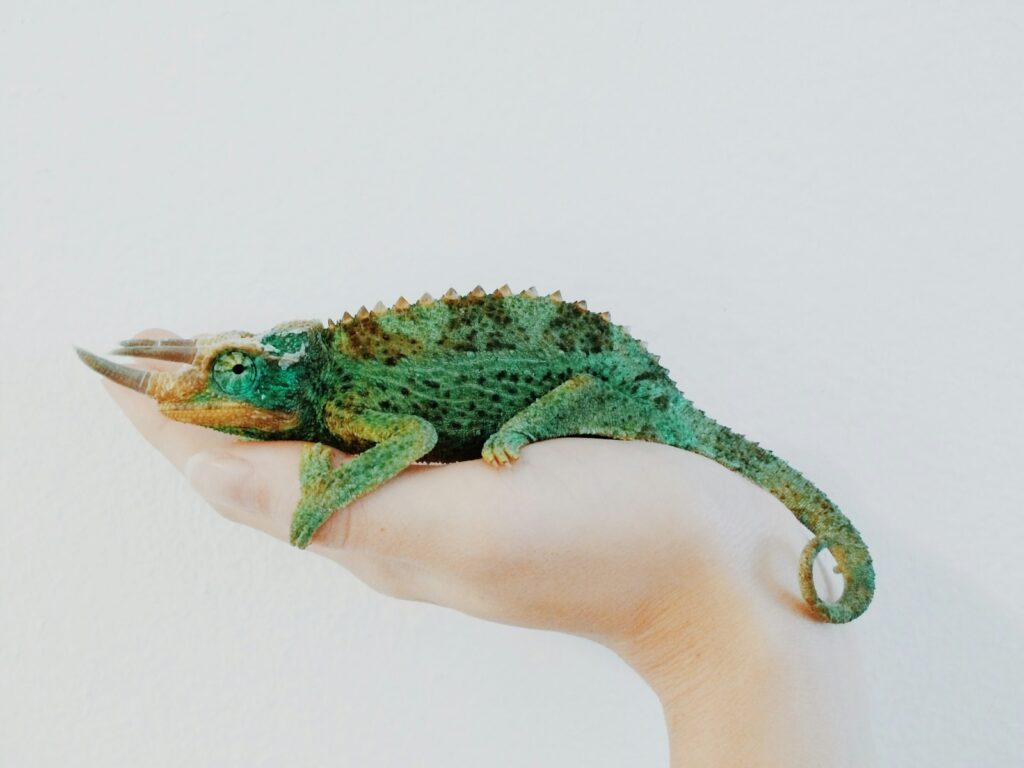
Exotic animal husbandry knowledge continues to evolve as research advances our understanding of species needs, making flexibility and ongoing education essential qualities for responsible owners. Prepared keepers demonstrate willingness to upgrade habitats, modify diets, or adjust care protocols as new information emerges about best practices for their species. They actively seek continuing education through workshops, conferences, veterinary literature, and connections with zoological professionals when possible. This commitment to lifelong learning extends to developing hands-on skills such as recognizing subtle signs of health issues, safely restraining the animal when necessary, and preparing specialized diets correctly. This adaptability indicates the intellectual curiosity and humility necessary for providing optimal care as knowledge evolves.
Contingency Planning for the Unexpected
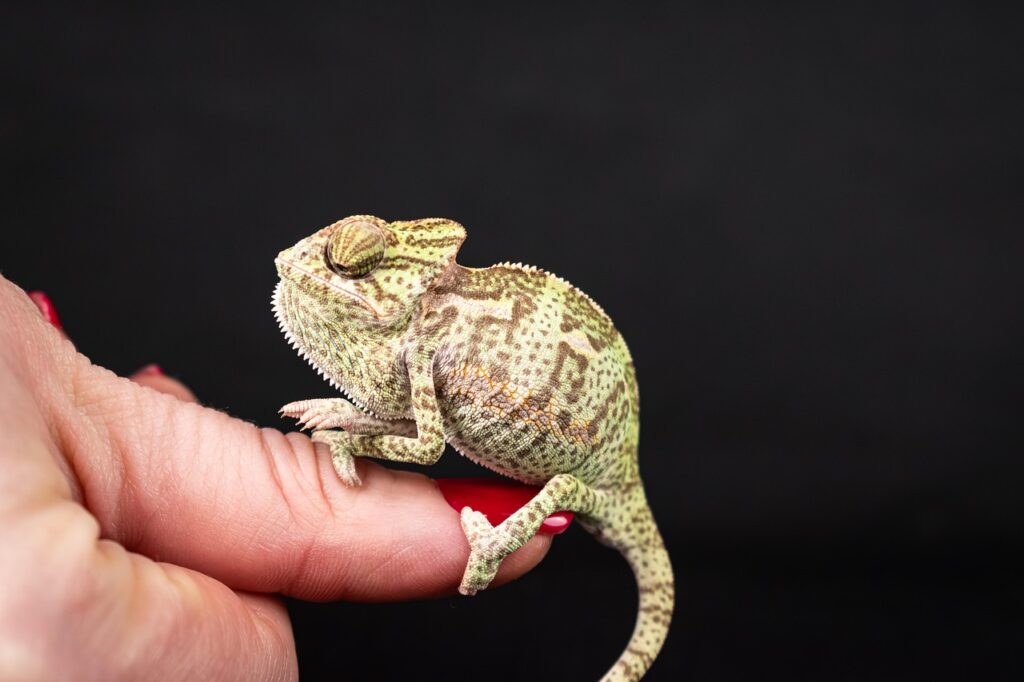
Perhaps the most sobering yet essential sign of exotic pet readiness is thorough contingency planning for challenging scenarios throughout the animal’s lifespan. Responsible owners develop written emergency protocols for natural disasters, power outages affecting environmental controls, or personal emergencies requiring temporary rehoming. They identify multiple options for the animal’s placement should the owner become unable to provide care through health issues, financial changes, or other life circumstances. For long-lived species, this planning extends to provisions in wills or trusts that account for the animal’s care after the owner’s passing. This level of detailed contingency planning demonstrates the foresight and responsibility needed to ensure the animal’s welfare regardless of circumstances.
Realistic Assessment of Alternatives
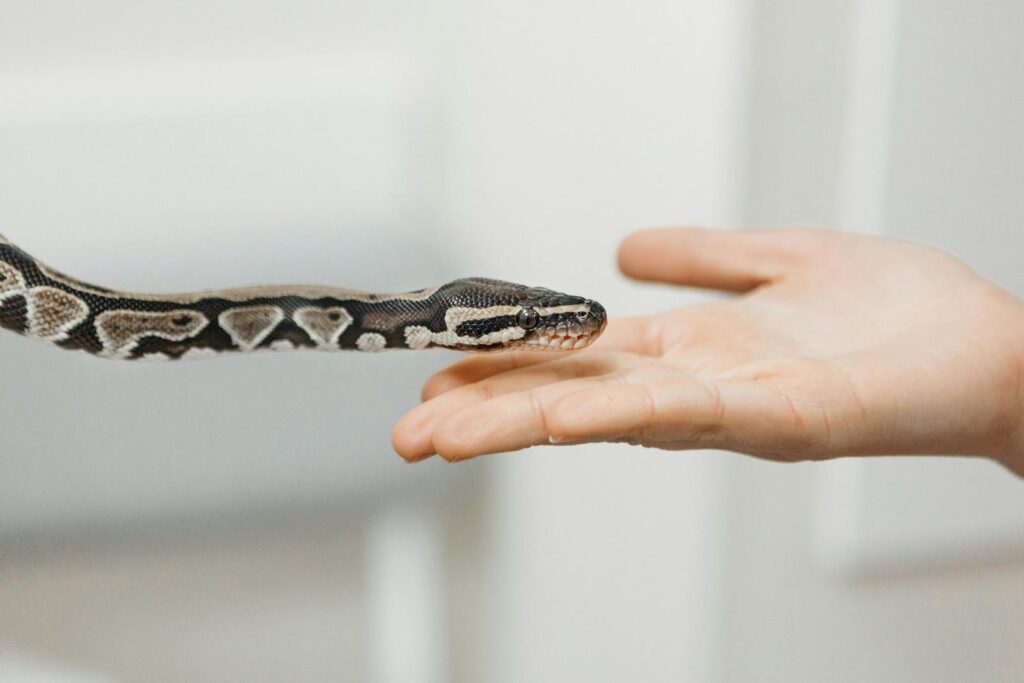
A final indicator of readiness for exotic pet ownership is the willingness to explore alternatives if any essential readiness factors cannot be met. Truly responsible animal lovers recognize that their desire to keep a particular species must be secondary to the animal’s welfare needs. If financial constraints, housing limitations, veterinary access issues, or legal restrictions prevent providing optimal care, prepared individuals consider alternatives such as volunteering with wildlife rehabilitation centers, supporting conservation organizations, or choosing a different species better suited to their circumstances. They understand that ethical exotic keeping centers on the animal’s needs rather than personal wishes. This ability to prioritize animal welfare over personal desires represents the ultimate sign of the maturity and responsibility required for exotic pet ownership.
The decision to welcome an exotic pet into your life should never be made impulsively or based solely on novelty or appearance. The signs of readiness outlined above—from financial stability and specialized knowledge to proper housing capabilities and legal compliance—collectively demonstrate the comprehensive preparation necessary for responsible exotic pet keeping. While the rewards of sharing your home with these remarkable creatures can be extraordinary, the commitment demands exceptional dedication, resources, and adaptability. By honestly assessing your capabilities against these readiness indicators, you protect not only the welfare of potential pets but also yourself from taking on responsibilities that may prove unsustainable. Remember that responsible exotic pet ownership begins with the humility to recognize whether you truly can provide what these specialized animals need to thrive in human care.
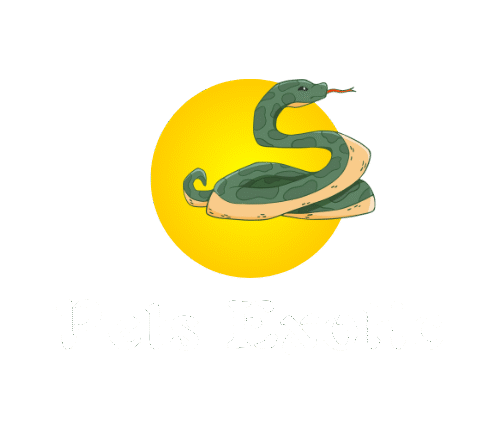
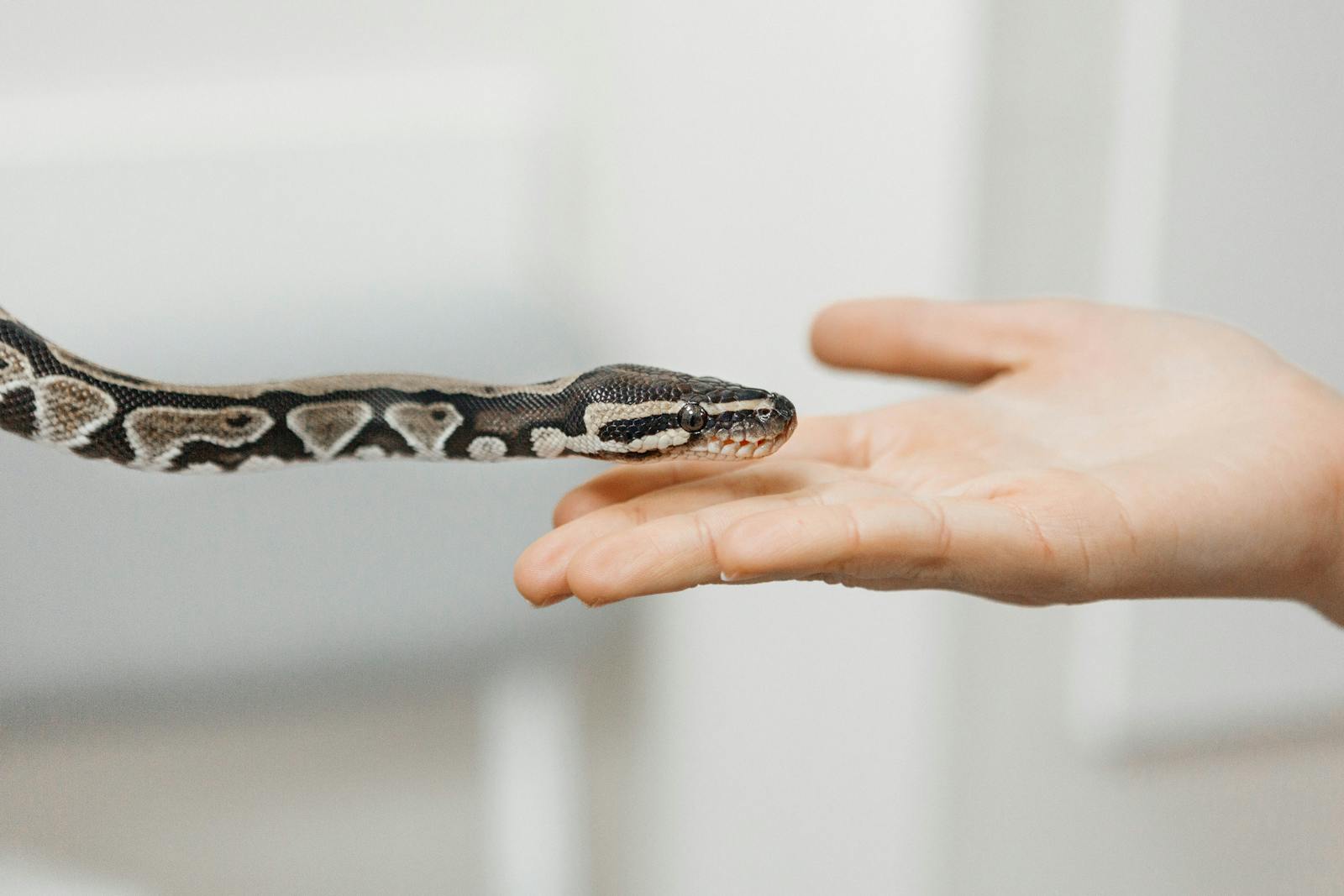

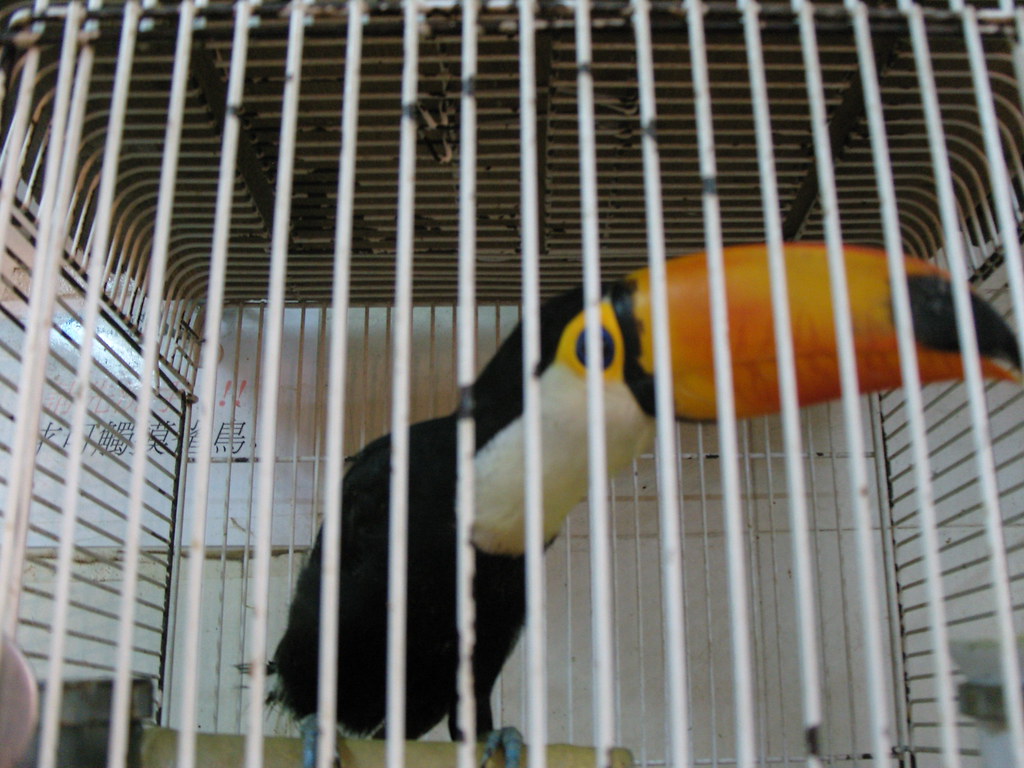
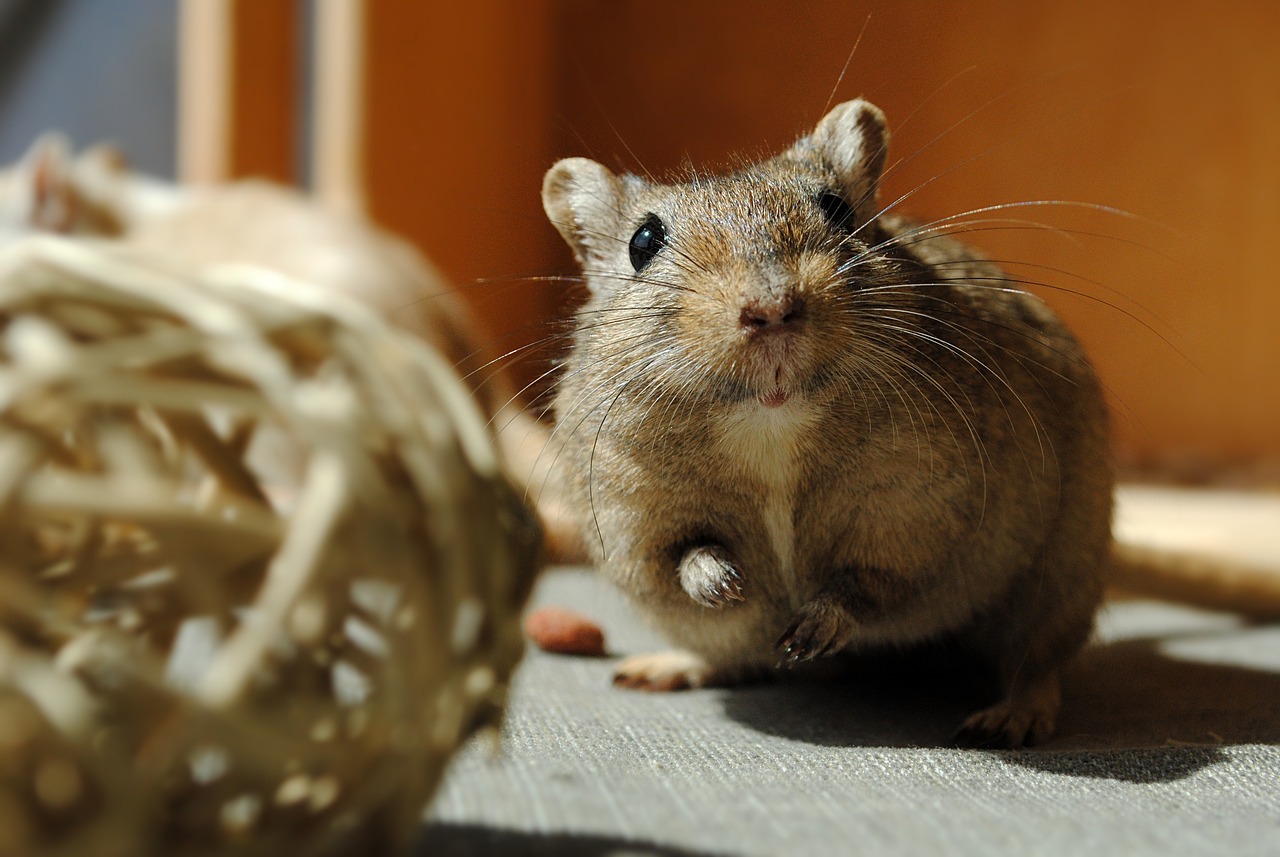
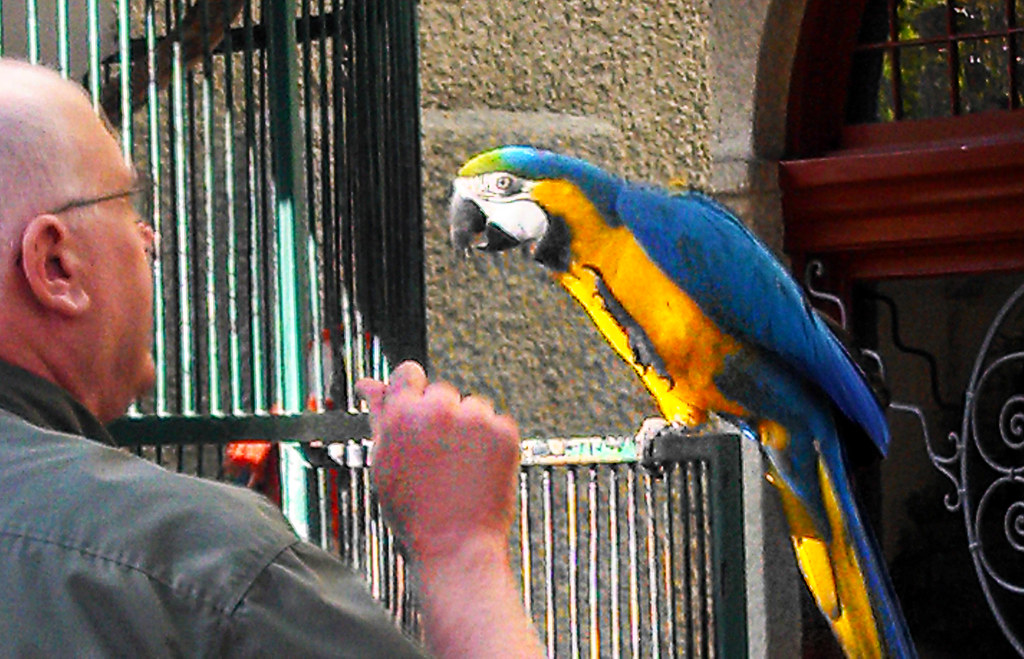
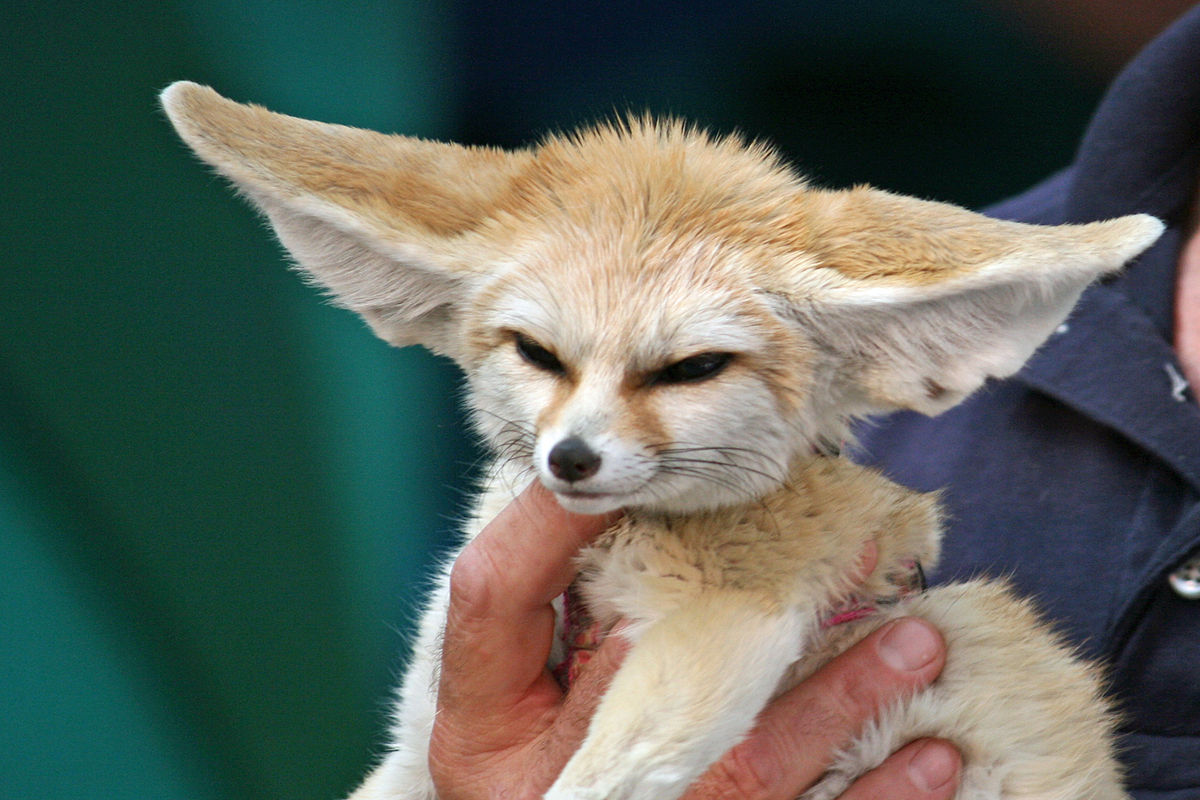
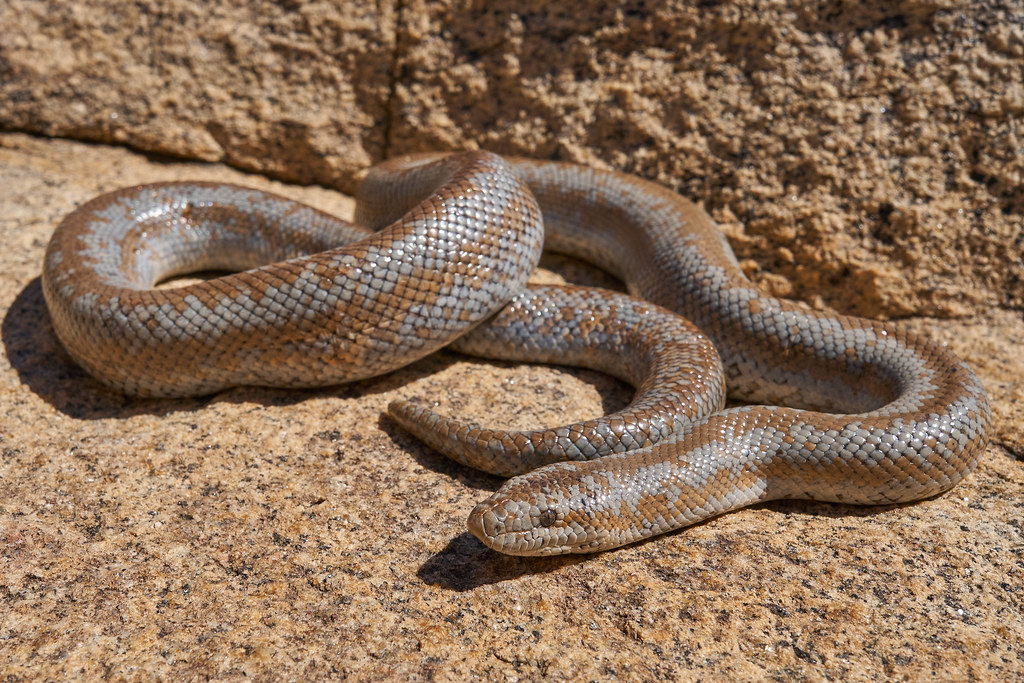
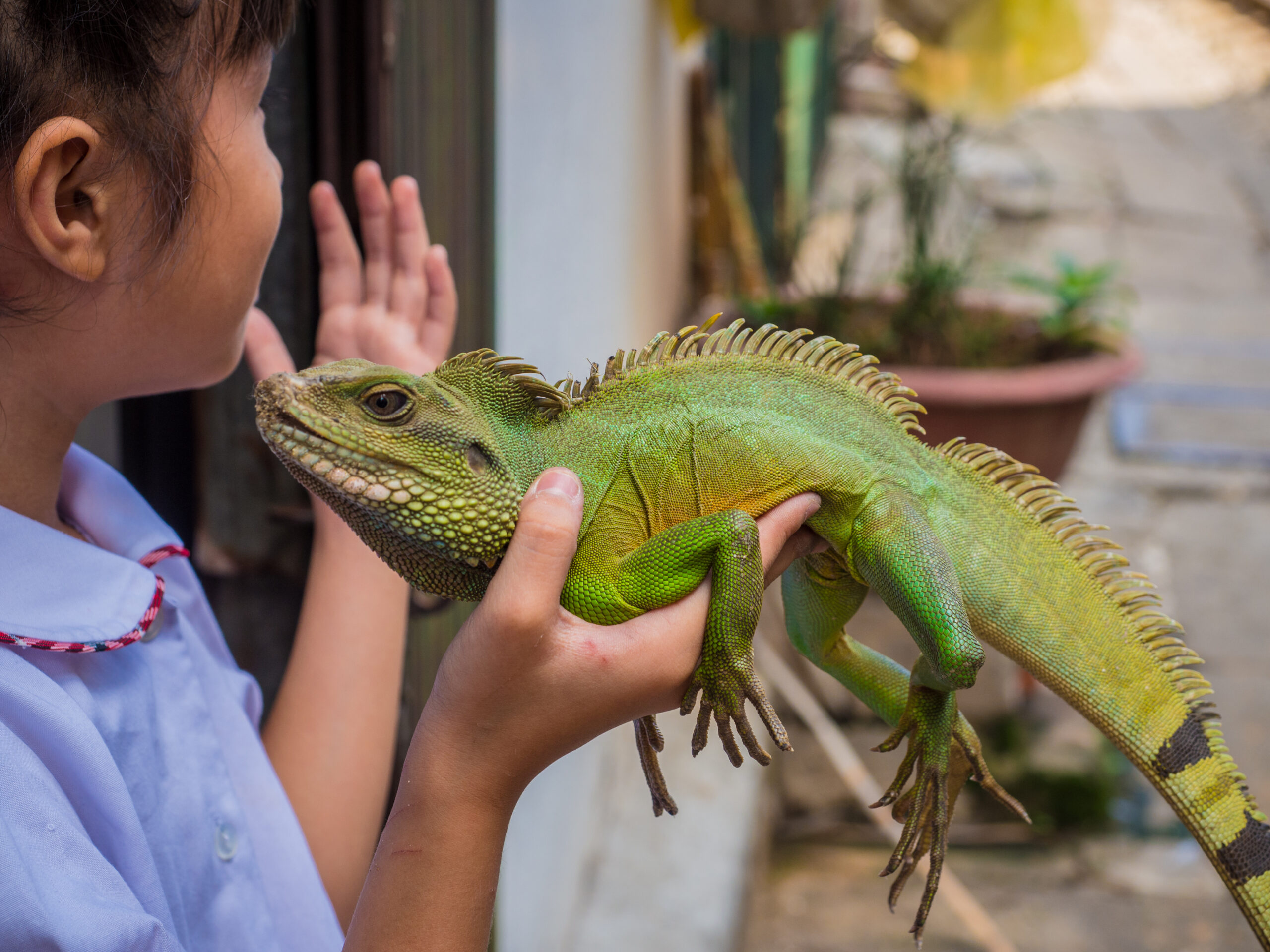
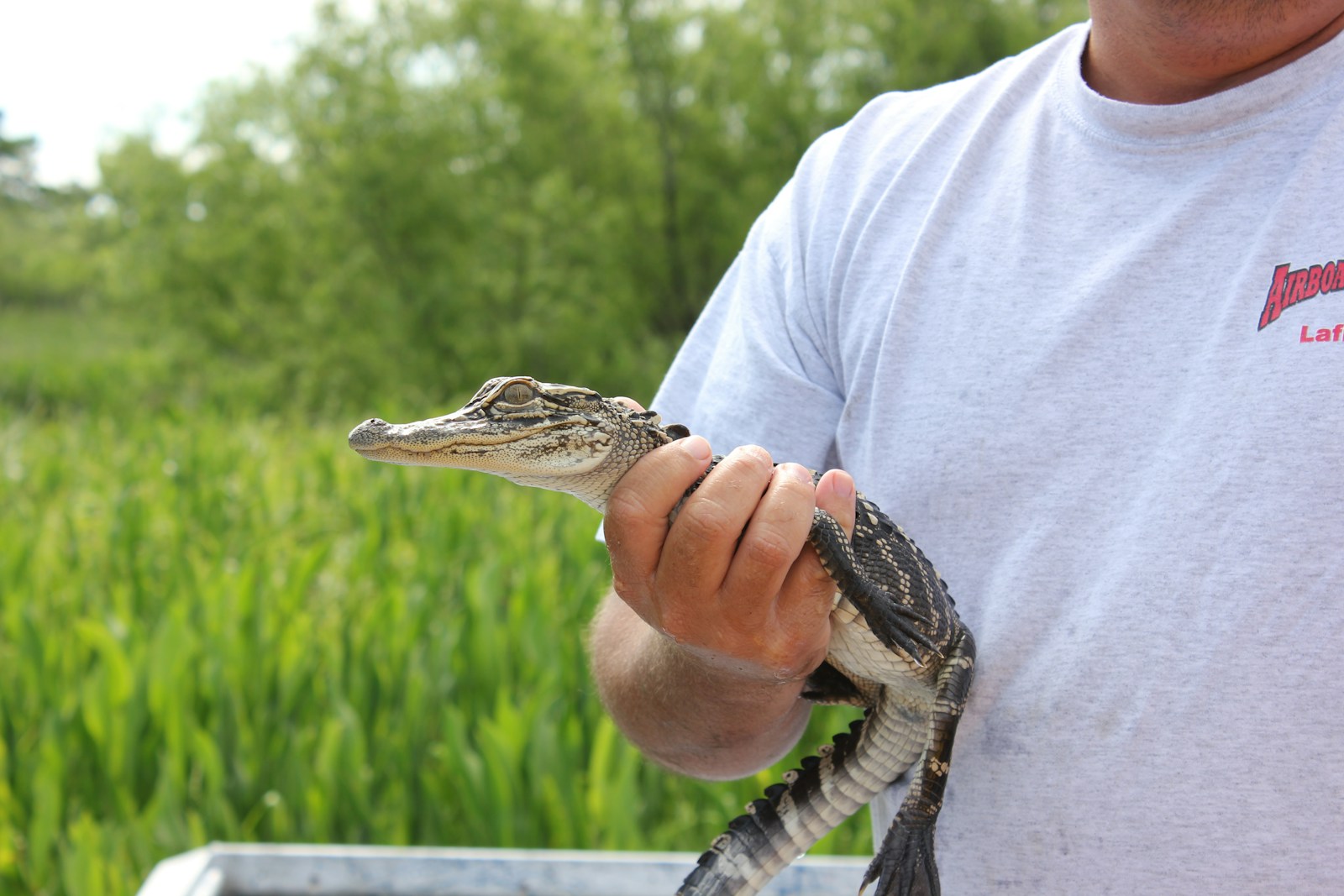
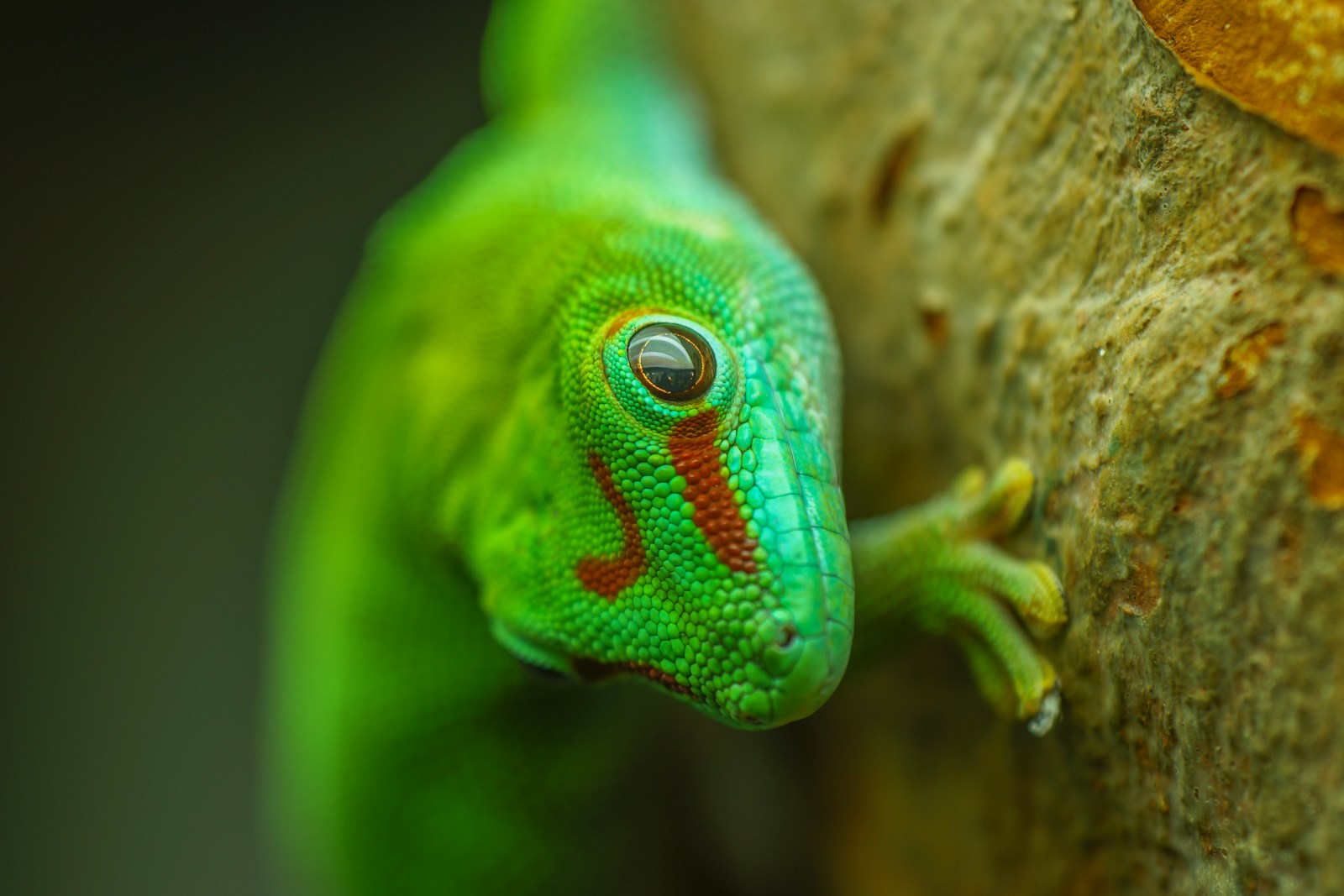
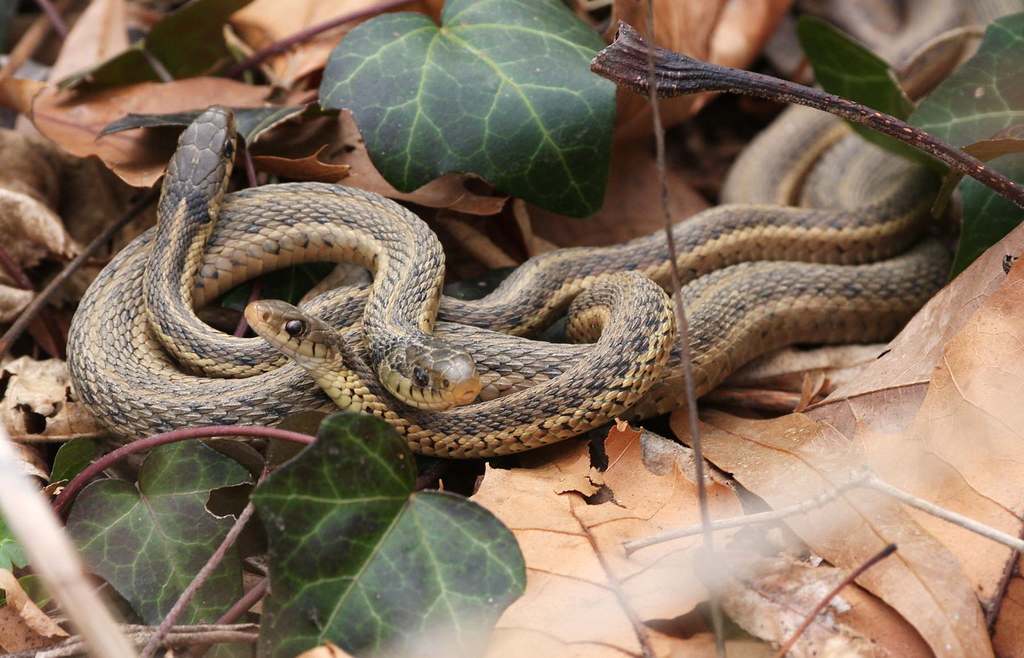
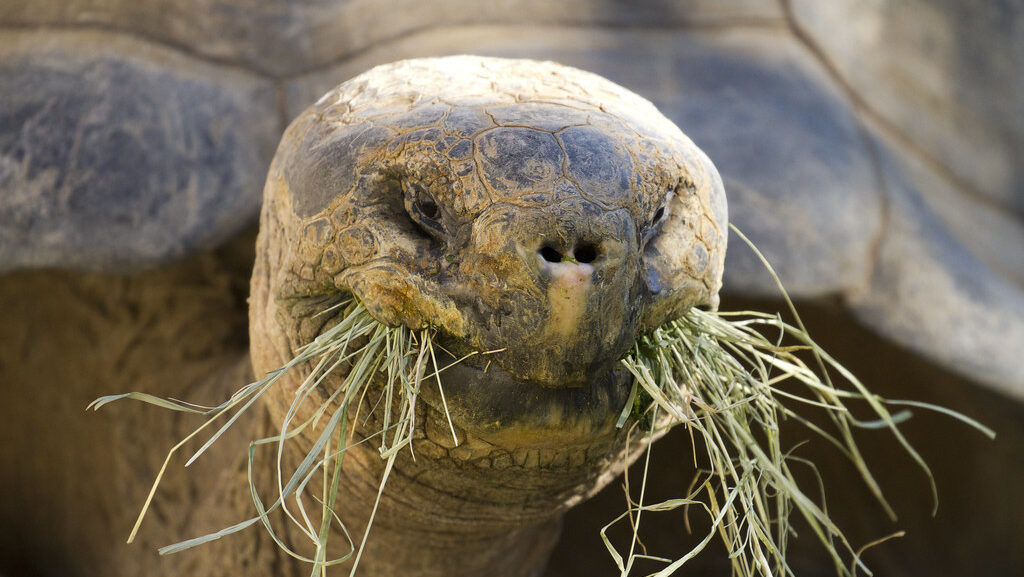
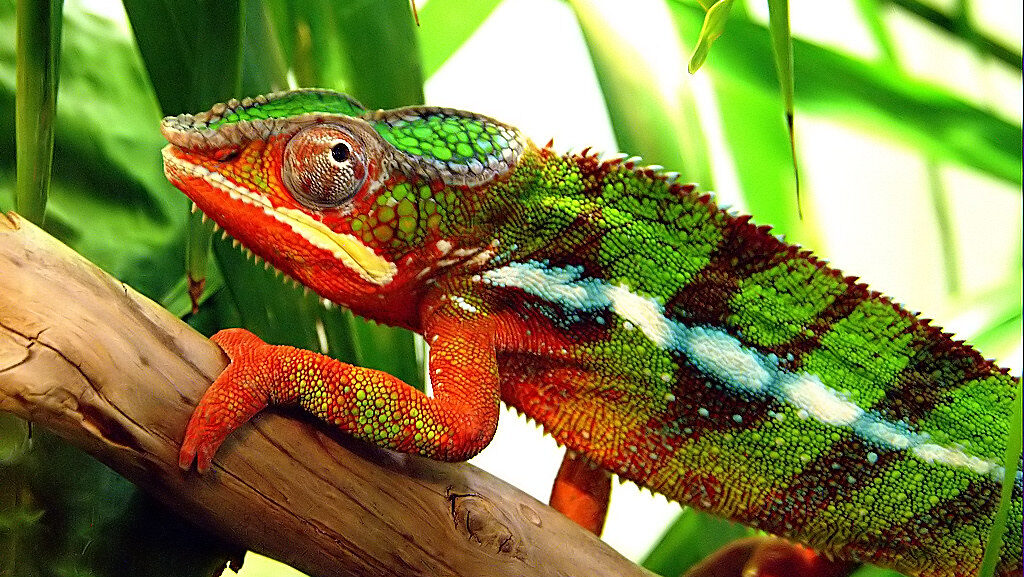
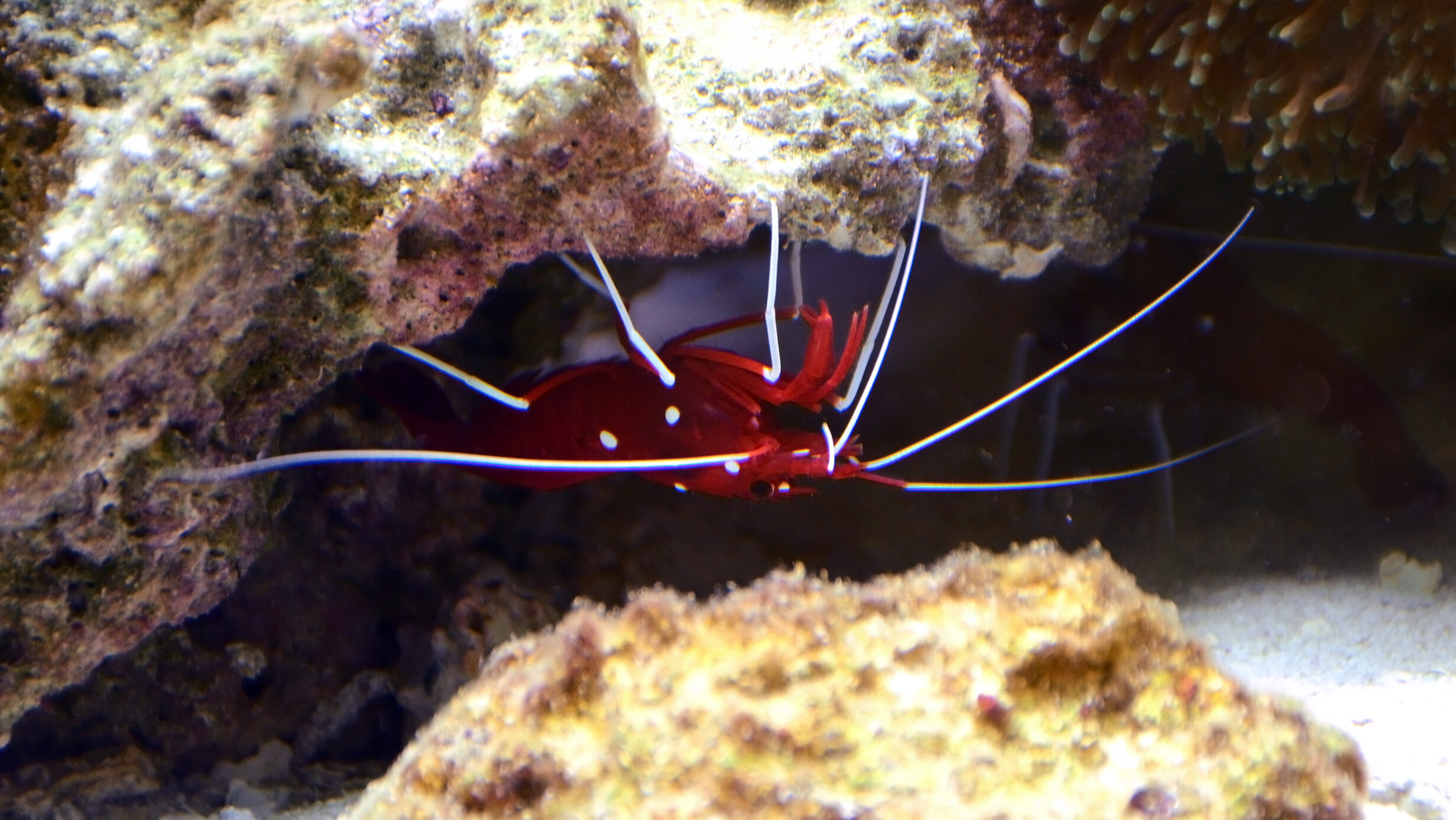
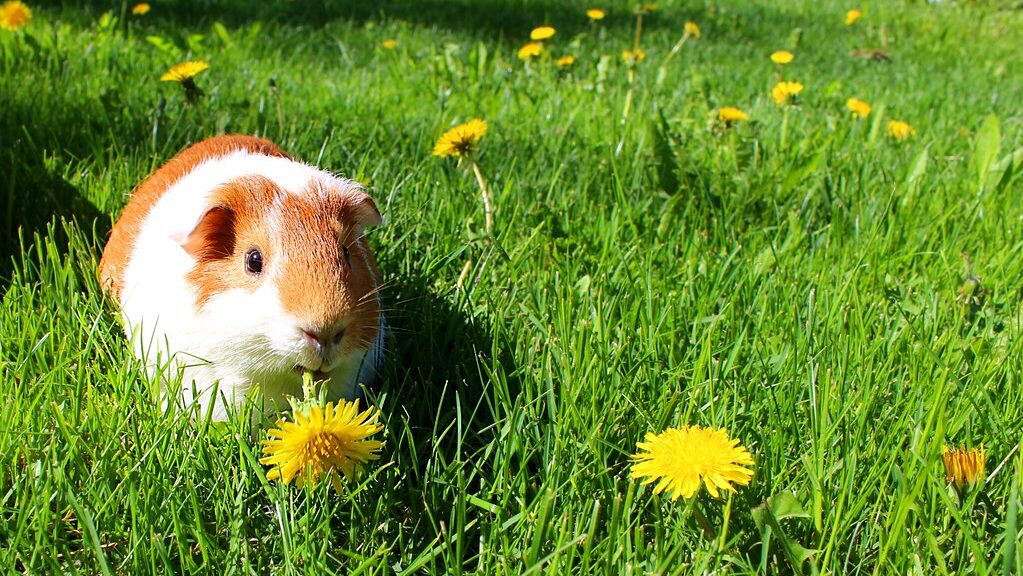
Leave a Reply